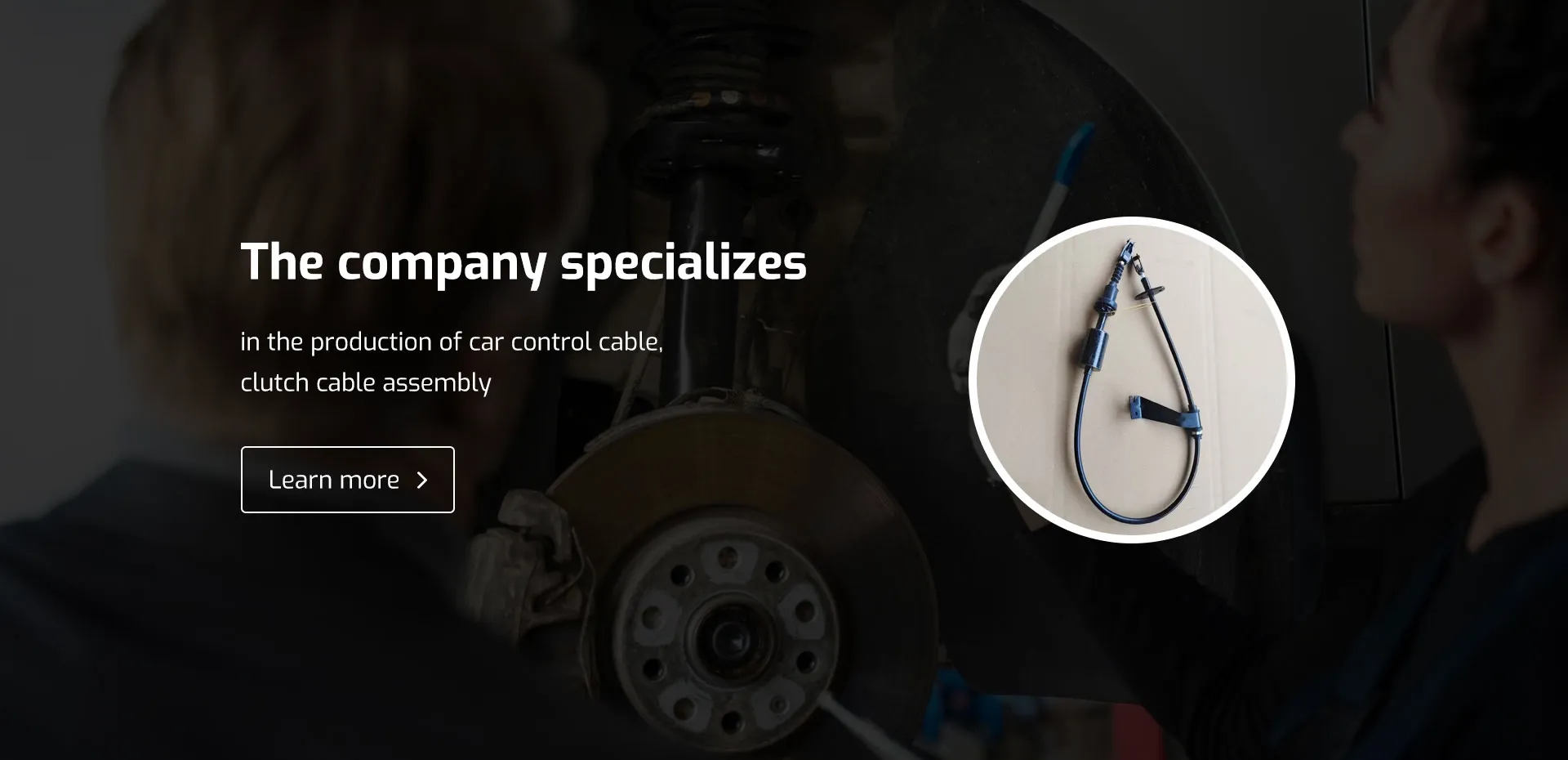How to Properly Adjust the Throttle Control Cable on Your Lawn Mower for Optimal Performance
Understanding Lawn Mower Throttle Control Cables
Lawn mowers are essential tools for maintaining an attractive and healthy lawn. While many homeowners may focus on the engine's power or the sharpness of the blades, one key component that often gets overlooked is the throttle control cable. This seemingly small part plays a critical role in regulating the engine's speed and ensuring optimal performance of the mower.
What is a Throttle Control Cable?
The throttle control cable is a flexible mechanism connected to the mower's engine and the control lever on the handle. Its primary function is to control the amount of air and fuel mixture entering the engine, which in turn regulates the engine speed. When the operator pulls the throttle lever, the cable pulls on the throttle plate, allowing more air and fuel into the combustion chamber and increasing the engine's RPM (revolutions per minute). Conversely, releasing the lever decreases the RPM, allowing for a gentle cut or for maneuvering around obstacles.
Importance of the Throttle Control Cable
The throttle control cable is vital for several reasons. First and foremost, it allows the user to adjust the cutting speed according to the grass conditions. Tall or thick grass may require a higher speed to achieve a clean cut, while slower speeds can be advantageous for more delicate areas or uneven terrain. This flexibility ensures that homeowners can maintain their lawns effectively without damaging the grass.
lawn mower throttle control cable

Moreover, a properly functioning throttle control cable enhances fuel efficiency. By adjusting the engine speed according to the mowing conditions, operators can minimize fuel consumption, ultimately saving money and reducing environmental impact. A throttle that is stuck in a high-speed position can lead to unnecessary fuel use and increased wear on the engine.
Common Issues and Maintenance
Despite its importance, the throttle control cable can encounter issues over time, particularly with regular wear and tear. Common problems include fraying, stretching, or disconnection from the throttle lever or carburetor. A malfunctioning throttle cable can lead to erratic engine behavior, making it difficult to manage speed and potentially resulting in uneven cuts.
Regular maintenance is crucial to ensure the throttle control cable functions correctly. Owners should periodically inspect the cable for signs of wear and tear, ensuring it is properly connected and not damaged. Lubrication of the cable is also beneficial, as it helps to maintain flexibility and efficiency in movement. If the cable shows significant signs of damage or if it is not functioning correctly, the best course of action is to replace it. Replacement cables are widely available and can often be installed with minimal tools, making maintenance accessible for most homeowners.
Conclusion
The throttle control cable is an essential component of any lawn mower that plays a pivotal role in the mowing process. Understanding its function can enhance the mowing experience, ensuring efficient lawn care and optimal performance. By conducting regular maintenance checks, homeowners can prevent issues and prolong the life of this critical piece of equipment. In essence, paying attention to the throttle control cable not only contributes to a beautiful lawn but also ensures that the lawn mower operates at its best for years to come.
-
Upgrade Your Control with Premium Throttle CablesNewsAug.08,2025
-
Stay in Control with Premium Hand Brake CablesNewsAug.08,2025
-
Experience Unmatched Performance with Our Clutch HosesNewsAug.08,2025
-
Ensure Safety and Reliability with Premium Handbrake CablesNewsAug.08,2025
-
Enhance Your Vehicle with High-Performance Clutch LinesNewsAug.08,2025
-
Elevate Your Ride with Premium Gear CablesNewsAug.08,2025
